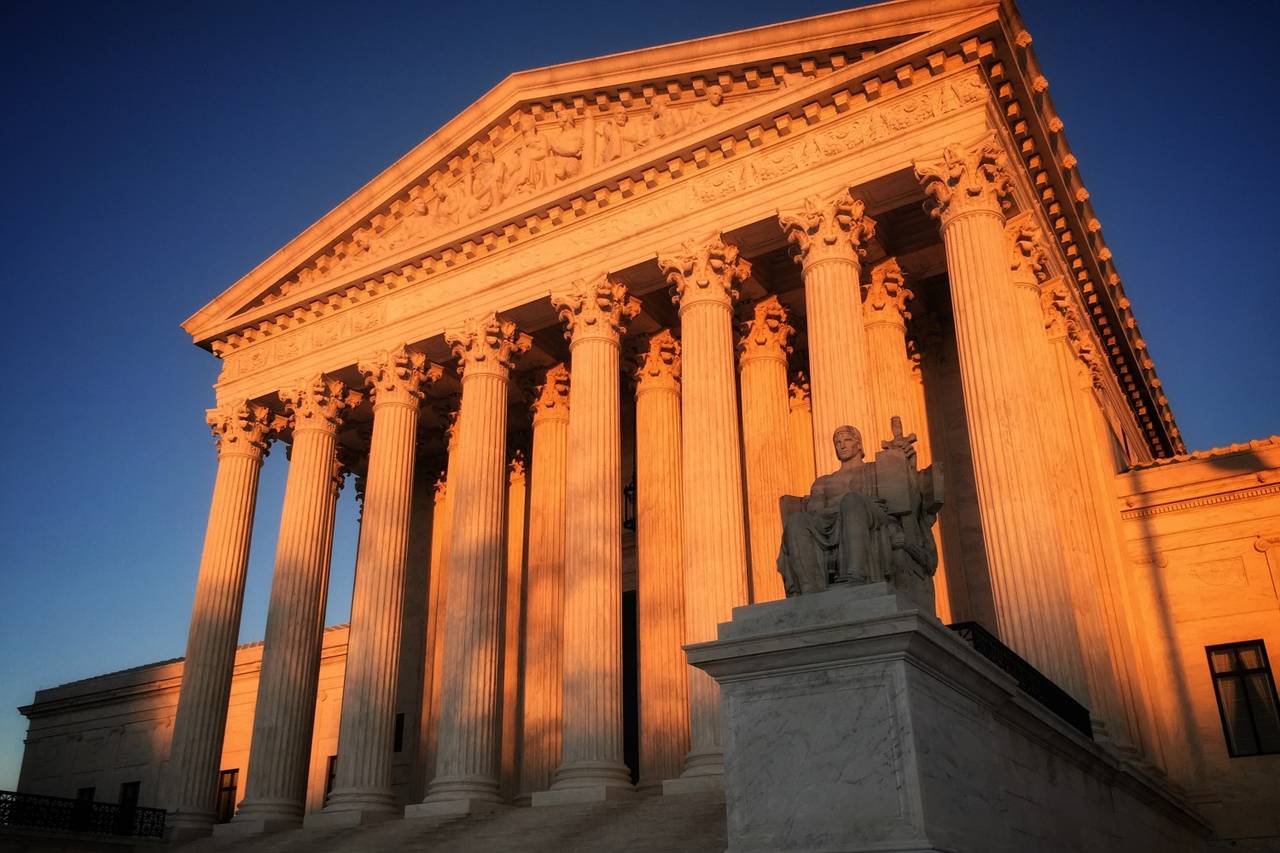By: The Editorial Board – wsj.com – December 12, 2018
Supreme Court watchers are looking for clues about the new conservative majority, and on Monday they were offered a surprising one. The Justices chose not to hear Gee v. Planned Parenthood of Gulf Coast, drawing a sharp rebuke from three of the Court’s conservatives.
At issue is whether patients may sue states in federal court for restricting or removing providers from their Medicaid programs. Many states excluded Planned Parenthood amid reports that the outfit illegally harvested fetal organs and engaged in fraudulent billing. Louisiana in Gee terminated its at-will contract with Planned Parenthood for reproductive services.
Federal law gives states substantial discretion to administer Medicaid programs but establishes guidelines for receiving matching federal dollars. The Health and Human Services secretary may withhold funds from states that don’t comply.
One federal requirement is that Medicaid patients may obtain care from any provider “qualified to perform the service or services required.” The law does not define “qualified,” and states can exclude providers “for any reason . . . authorized by state law.” States must also provide an administrative appeal and judicial review for excluded providers.
But Planned Parenthood has leapfrogged state adjudication by recruiting plaintiffs to sue in federal court to vindicate their putative right to their preferred provider. Five appellate courts including the Fifth, Sixth, Seventh, Ninth and Tenth Circuits have recognized a private right of action while the Eighth has not.
One reason for the split is the Supreme Court’s hazy and evolving jurisprudence. During the late 20th century, the Court permitted private rights of action that are not explicitly provided in federal law. But the Court has recently met these lawsuits with more skepticism. In Gonzaga v. Doe (2002), the Court held that the creation of a private right requires “clear and unambiguous terms.”
Planned Parenthood wanted federal regulators to clear up the 5-1 circuit split with guidance. But at issue is more than different statutory interpretations—which the Court is well-suited to resolve—but basic questions of federalism and separation of powers. If federal courts may compel states to reinstate Medicaid providers, the political branches become subservient to the judiciary and the state-federal relationship is abrogated.
All of this made the case ripe for High Court review. A grant of certiorari requires four justices, and three wanted to consider the case. But Chief Justice John Roberts and new Justice Brett Kavanaugh joined the four liberals in passing.
In a dissent joined by Samuel Alito and Neil Gorsuch, Justice Clarence Thomas explained that the case “affects the rights of the States” and their ability to manage Medicaid. The circuit division “stems, at least in part, from this Court’s own lack of clarity on the issue” and “it is our job to fix it.”
Justice Thomas spared no feelings in rebuking the no votes. “So what explains the Court’s refusal to do its job here? I suspect it has something to do with the fact that some respondents in these cases are named ‘Planned Parenthood.’ That makes the Court’s decision particularly troubling, as the question presented has nothing to do with abortion,” he wrote.
“Some tenuous connection to a politically fraught issue does not justify abdicating our judicial duty. If anything, neutrally applying the law is all the more important when political issues are in the background,” he added. “The Framers gave us lifetime tenure to promote ‘that independent spirit in the judges which must be essential to the faithful performance’ of the courts’ role as ‘bulwarks of a limited Constitution,’ unaffected by fleeting ‘mischiefs.’”
***
Perhaps the Chief Justice wanted to avoid deciding a case certain to become embroiled in the politics of abortion. Perhaps Justice Kavanaugh thought the Chief might side with the Court’s liberals on the merits, so why take the case and lose? Or perhaps Justice Kavanaugh wanted to avoid a case fraught with gender politics so soon after his Senate ordeal.
The dodge is disappointing whatever the reasons. An unsound ruling could injure the constitutional order, but so does continuing legal confusion that invites more federal regulation and more litigation against states. If the Justices duck every case remotely implicating gender politics, substantive constitutional issues will go unresolved and individual rights may be impaired.
The Constitution provides Justices with lifetime appointments precisely to insulate them from political considerations.
To see this article, click read more.
 Listen Online
Listen Online Watch Online
Watch Online Find a Station in Your Area
Find a Station in Your Area









 Listen Now
Listen Now Watch Online
Watch Online
